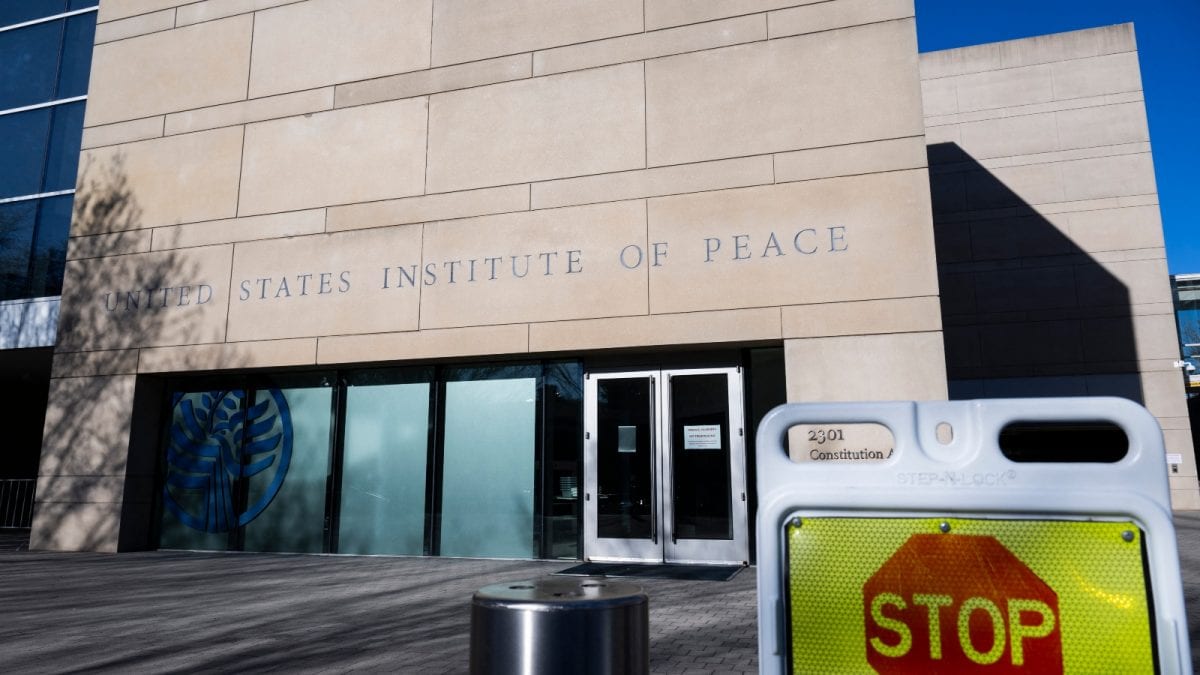The monuments under review have the support of local communities and businesses that worked for years to ensure their protection, activists said.
As part of the Trump administration’s push to expand U.S. energy production, federal officials will review and consider redrawing the boundaries of national monuments created under previous presidents to protect unique landscapes and cultural resources.
The review laid out in a Monday order from new Interior Secretary Doug Burgum — is raising alarms among conservation groups concerned that President Donald Trump will shrink or eliminate monuments established by his predecessors, including Democrat Joe Biden.
Burgum gave agency officials until Feb. 18 to submit plans on how to comply with his order.
Among the sites most at risk are Bears Ears and Grand Staircase-Escalante Monuments in Utah, where state officials fought against their creation. Grand Staircase-Escalante holds large coal reserves, and the Bears Ears area has uranium.
Trump reduced the size of the two monuments during his first term, calling them a “massive land grab.” He also lifted fishing restrictions within a sprawling marine monument off the New England Coast.
Biden later restored protections for all three sites.
Whether Trump has the authority to change the boundaries of existing monuments is unclear and part of a pending legal case.
“This is a sneaky, unpatriotic attack that strikes at the very foundation of the country’s adored public lands, including national parks and monuments. These national treasures are broadly beloved,” a coalition of national monument advocates said in a statement Tuesday. The group includes business owners, environmental and conservation organizations, and outdoor recreation supporters.
monuments safeguard public water and wildlife, boost the outdoor-recreation economy, protect trails, and preserve culturally and geographically significant sites, the group said.
The Utah monuments encompass more than 3.2 million acres (13 million hectares) — an area nearly the size of Connecticut. They were created under the Antiquities Act, a 1906 law that gave presidents the powers to protect sites considered historic, geographically significant or culturally important.
The Supreme Court has affirmed the president’s authority to create national monuments, and both Democrats and Republicans – including Trump – have used the Antiquities Act.
Interior Department officials declined to say whether any monuments would be singled out and stressed that no decisions have been made. Burgum did not explicitly mention any monuments in his order but cited the federal statute that corresponds to the 1906 law.
Utah’s Republican governor said last month he supports further shrinking Bears Ears. Gov. Spencer Cox said Burgum’s selection to oversee the Interior Department was “probably the single best decision that Donald Trump has made.”
The order was among a spate of directives on energy that the former North Dakota governor issued Monday to kick off his tenure at the Interior Department, which oversees more than 500 million acres (200 million hectares) of public lands, including more than 400 national parks and 560 national wildlife refuges. Burgum also moved to reverse a wide range of regulatory restrictions on the oil, coal and gas industries that were adopted under Biden.
“We are committed to working collaboratively to unlock America’s full potential in energy dominance and economic development to make life more affordable for every American family while showing the world the power of America’s natural resources and innovation,” Burgum said in a statement.
Underlying his actions is the Trump administration’s contention that the U.S. is experiencing a “national energy emergency” at a time when domestic oil production is at record levels.
Groups representing the oil industry praised Burgum’s orders. “American energy leadership is back,” said Ocean Industries Association President Erik Milito.
But the declaration of an energy emergency has drawn pushback from Democrats and environmentalists.
“If they are going to say there’s some energy emergency that overrides the Antiquities Act, they are going to get laughed out of court,” said Aaron Weiss with the Center for Western Priorities.
Litigation challenging Trump’s previous monument reductions was still pending when Biden reversed them and has never been settled, Weiss said.
The monuments under review have the support of local communities and businesses that worked for years to ensure their protection, activists said.
Biden in recent years also designated as national monuments sites in Nevada and Arizona that are key to the creation stories of tribes with ties to the area
Republican Nevada Gov. Joe Lombardo said at the time that the White House didn’t consult his administration and in effect blocked clean energy projects and other development in the state.
Published By:
Rivanshi Rakhrai
Published On:
Feb 5, 2025

 1 month ago
1 month ago



















